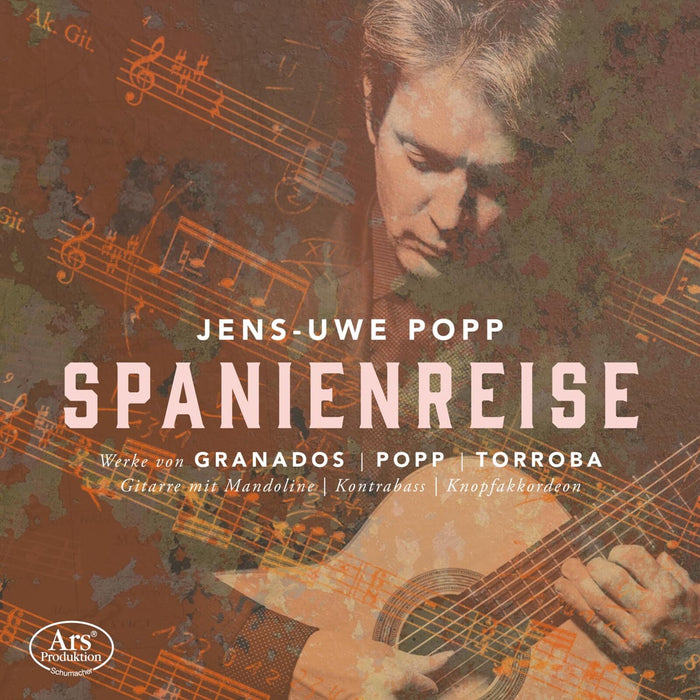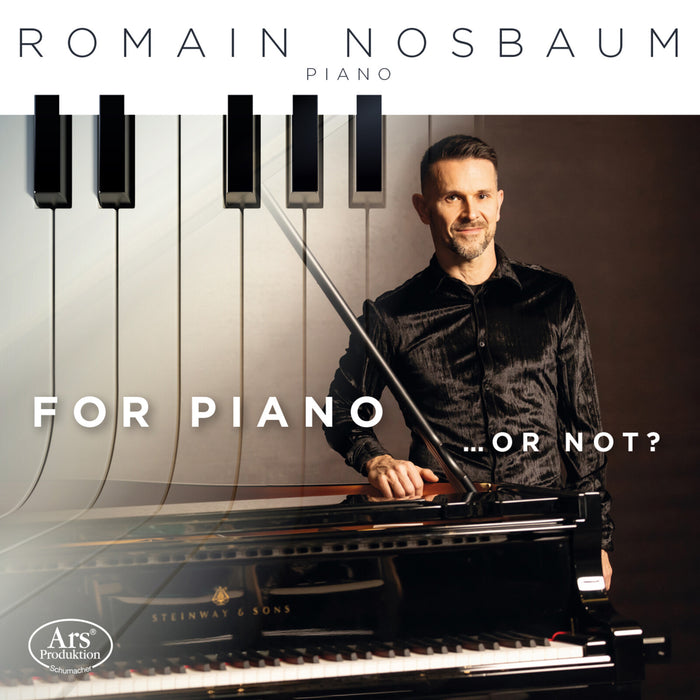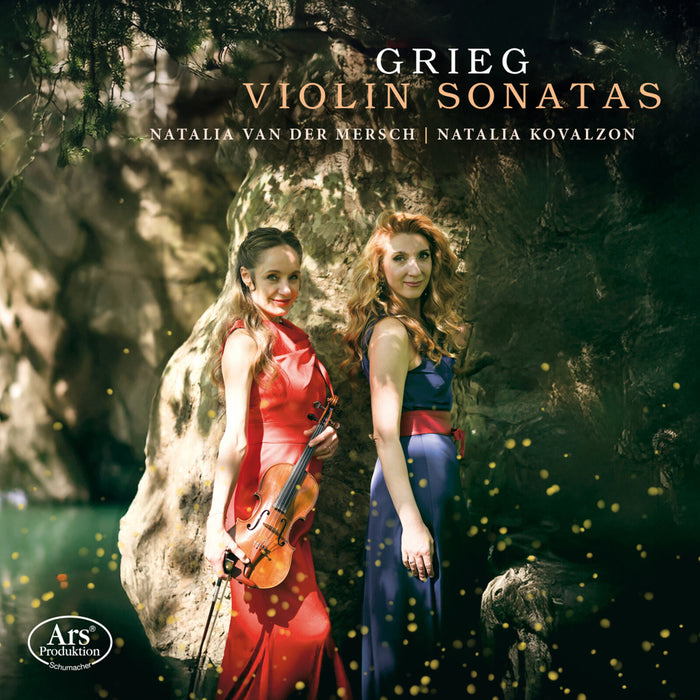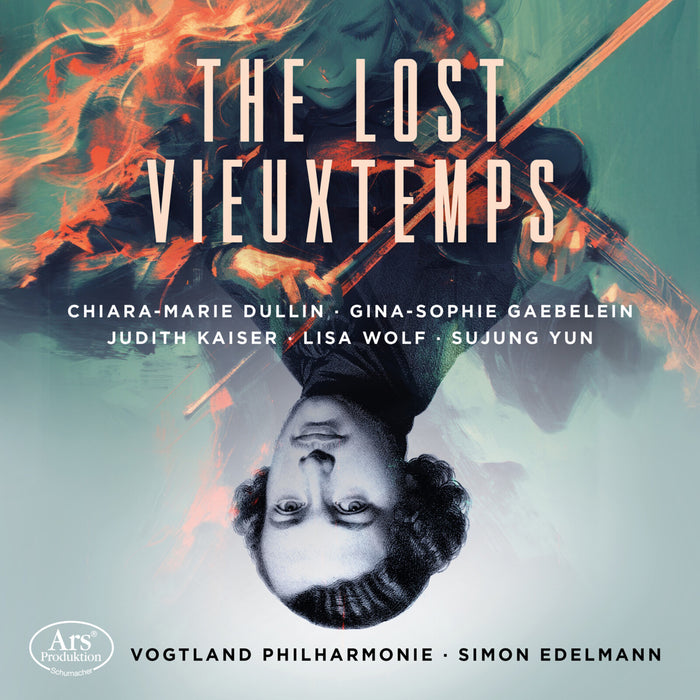Description
Although Antonio Cesti (1623-1669) belonged to the Franciscan Order, he began to turn to opera from around 1642. His successes as a singer and composer for the stages of Florence, Innsbruck and Vienna, however, earned him a summons to Rome in 1659, which was apparently to have largely no consequences for his musical career. In addition to his popular operas, he also wrote numerous charming chamber cantatas on texts by Giovanni Filippo Apolloni, a friend and compatriot of the composer, which are presented here by the ensemble Il Zabaione Musicale.
"In times where identity is increasingly fluid – or perhaps the castrati of the18th century teach us that it was always so – this album is a fascinating reminder that the human voice does not sit in neat, stable, categories, but rather subtly shifts across the decades." – Gramophone
"[Borciani's] performances are excellent; […] the various emotions in the cantatas are eloquently conveyed and communicated to the listener. She takes the right amount of rhythmic freedom in the recitativic episodes, and she makes effective use of the messa di voce […]. I should not forget to mention the members of the ensemble Il Zabaione Musicale. Orí Harmelin (theorbo) and Elam Rotem (harpsichord) deliver excellent support in the basso continuo." – MusicWeb International
"Underpinned by superb harpsichord-playing by Elan Rotem, there's an understated quality to Borciani's phrasing. Yet there's plenty of colour, too: Borciani captures the theme of suffering in love with potent restraint. […] Eva Saladin conjures a seductive sound world full of lively, subtle rhetoric – a beautiful counterpoint to Borciani. […] a wholly enjoyable album." – Gramophone














